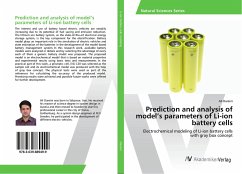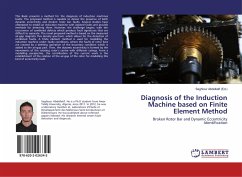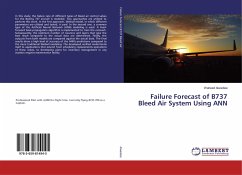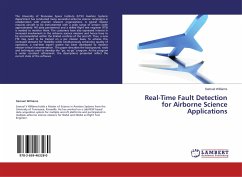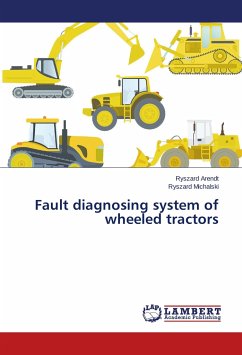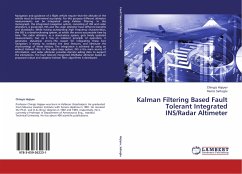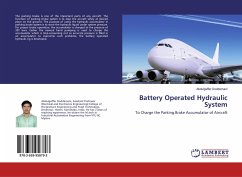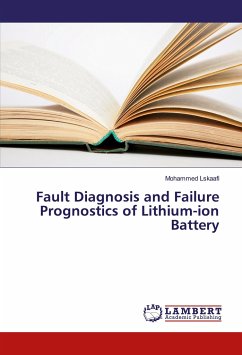
Fault Diagnosis and Failure Prognostics of Lithium-ion Battery
Versandkostenfrei!
Versandfertig in 6-10 Tagen
41,99 €
inkl. MwSt.

PAYBACK Punkte
21 °P sammeln!
A novel data driven approach is developed for fault diagnosis and remaining useful life (RUL) prognostics for lithium-ion batteries using Least Square Support Vector Machine (LS-SVM) and Memory-Particle Filter (M-PF). Unlike traditional data-driven models for capacity fault diagnosis and failure prognosis, which require multidimensional physical characteristics, the proposed algorithm uses only two variables: Energy Efficiency (EE), and Work Temperature. The aim of this novel framework is to improve the accuracy of incipient and abrupt faults diagnosis and failure prognosis. The M-PF is propos...
A novel data driven approach is developed for fault diagnosis and remaining useful life (RUL) prognostics for lithium-ion batteries using Least Square Support Vector Machine (LS-SVM) and Memory-Particle Filter (M-PF). Unlike traditional data-driven models for capacity fault diagnosis and failure prognosis, which require multidimensional physical characteristics, the proposed algorithm uses only two variables: Energy Efficiency (EE), and Work Temperature. The aim of this novel framework is to improve the accuracy of incipient and abrupt faults diagnosis and failure prognosis. The M-PF is proposed as the new method for failure prognostic to determine Remaining Useful Life (RUL). The M-PF is based on the assumption of the availability of real-time observation and historical data, where the historical failure data can be used instead of the physical failure model within the particle filter. The feasibility of the framework is validated using Li-ion battery prognostic data obtained from the National Aeronautic and Space Administration (NASA) Ames Prognostic Center of Excellence (PCoE).



